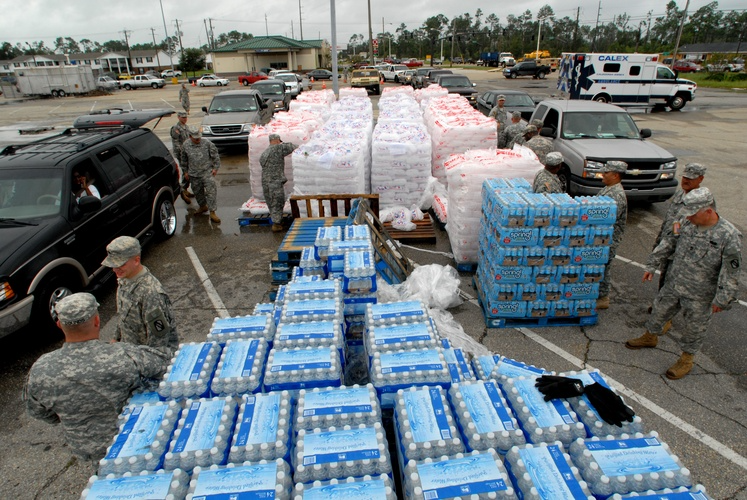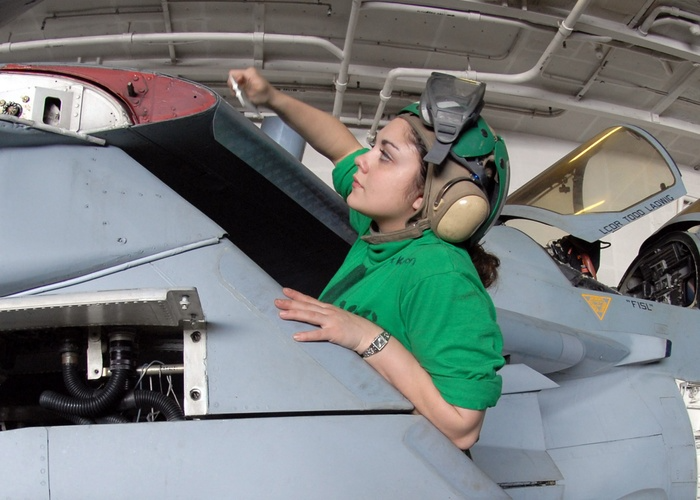Defense Security Cooperation Agency
The world of transferring weapons is hugely complex and convoluted. We have talked about it recently, and today, we will dive deeper down the rabbit hole, talking about security assistance teams, security cooperation organizations, and a slew of other information.
If you are in this space or want to do business with friendly partnering nations, then you need to read this. So, let’s dive in.
What Is A Security Assistance Team
Okay, so first and foremost, what is a security assistance team? Back in the 2000s and 2010s, we would have thought about the security teams in Afghanistan. But that’s not what we are talking about in this context. The Security Assistance Team is organized into three regional teams which develop a policy on defense aid.
These teams within the DSCA are tasked to determine who is eligible for defense articles.

Legislative Authorities for Security Assistance
Three public laws define security cooperation to foreign security forces. The regulations for security assistance programs are the following:
- The Foreign Assistance Act (FAA) of 1961, as amended
- The Arms Export Control Act (AECA) of 1976, as amended
- Annual Appropriations Act for Foreign Operations, Export Financing, and Related Programs
Every year, the current sitting administration submits a Security Assistance appropriation budget to be reviewed as part of the annual budget submission POTUS. The Administration has the right and ability to request legislative amendments to the current authorization and appropriations laws on the books.
Appropriations can be requested to reimburse the DoD for items furnished under Military Assistance Drawdowns. This is a highly abbreviated and condensed overview, so make sure to read the linked legislation.
What Is A SCO in the Army?
SCO refers to the SCO-based Security Cooperation Organization in which DoD entities operate in any foreign country for security cooperation. The general name is the FAA. AFEC. In its entirety.
These are the DoD organizations permanently located in foreign countries and assigned the responsibility of carrying out security cooperation management. What exactly does this all mean
We station liaisons all over the world in friendly and approved countries for FMS sales. These are the functional managers for Foreign Military Sales in foreign countries.
The term "SCO" excludes any units, formations, or other ad hoc groups that carry out security cooperation activities. Examples of these include operational units, mobile education teams, and mobile training teams. The Security Assistance Office (SAO) designation has been replaced with the general title SCO.
Who Does the Defense Security Cooperation Agency Fall Under?
Under the DoD, the Defense Security Cooperation Agency — DSCA (DSC) focuses on promoting national security and enhancing national security objectives that create relationships that promote U.S. interests and strengthen allied and partner capacities for self-defense.
So, to answer the question, the Defense Security Cooperation Agency is an extension of the DoD, with the purpose of implementing the Foreign Military Sales program. FMS is a major program within the DoD and the State Department. The FMS program spans two cabinet-level departments, and POTUS is the final authority on all FMS partnering nations and, ultimately, all FMS sales. All defense articles are either approved or denied for foreign sales
Who Does the Defense Security Cooperation Agency Report To?
The DoD is a huge cabinet-level department that employs several million personnel uniformed service members, contractors, and civilians. Part of this is the Defense Security Cooperation Agency, an agency that is headquartered in the Pentagon. The Defense Security Cooperation Agency is an explicitly foreign or overseas entity, so it is made up of five regional centers:
- Africa Center for Strategic Studies
- Asia-Pacific Center for Security Studies
- George C. Marshall European Center for Security Studies
- William J. Perry Center for Hemispheric Defense Studies
- Near East South Asia Center for Strategic Studies.
The DSCA ultimately reports to the SECDEF.

What Is DOD Security Cooperation?
Security cooperation consists of all DoD activities to increase cooperation among foreign countries and support them in attaining strategic goals. Joint Public 1-02 refers to all DoD relations with foreign defense companies, promoting US security interests, developing allies' and friends' military capability, and providing American forces with.
Is the Defense Security Cooperation Agency Under the DoD?
The Defense Security Cooperation Agency (DSCA) under the Department of Defense (DoD) leads and coordinates national security activities that build partnerships that promote American interests and build allied and partner capacities.
A good way of looking at the DSCA is like this:
The DSCA has a distinct working relationship with the FMS program, working toward the same goals. FMS is a program that conducts direct commercial sales from the U.S. government to foreign governments, and the DSCA acts as the agent of government procurement. Most of the procurement programs are for defense contractors or aerospace companies. The numbers are pretty staggering, too: there are usually around 14,000 or more FMS cases with nearly 200 countries open.
Other DoD Programs: Acquisition and Cross-Service Agreements (ACSAs)
The Director, International Cooperation office is a busy place. The Director is busy dealing with thousands of FMS agreements, military education and military training programs for foreign partners, and much more.
One of the programs under their purview are Acquisition and Cross Servicing Agreements (ACSAs) and Acquisition Only Agreements (AOAs). These two types of agreements are mechanisms allowing our DoD to acquire logistical support, supplies, and any services to or from countries eligible for FMS. All of the logistical support that can be had through government procurement are detailed in:
- 10 USC 2350: Definitions
- DoD Directive 2010.9, April 28, 2003, Incorporating Change 2, August 31, 2018
None of this is particularly new information; the IC has been refining its process for many decades. In fact, the U.S. Foreign Assistance Act was formed under JFK in 1961, and the Arms Export Control Act was approved in 1976. The administrative processes have been continuously refined for years ever since.
What Does a Security Cooperation Officer Do?
The governing body mandates that the staff at SCO work to manage, coordinate, and liaison with SC programs. Typically, they don't offer any technical support. This function is for defense services and should be explicitly permitted and cost-effective.
There are hundreds to thousands of administrative moving pieces throughout the FMS process, and a control officer who is familiar with the process is a mandatory part of the process. This is just as much for the foreign partners as for the U.S. government; the SCO is there to help ensure that no legal entanglements occur, as the process is confusing.
Parting Thoughts
The entire foreign military sales process can be a sticky business if you don’t understand it or are unfamiliar with it. Greenwood Aerospace has been an FMS-certified organization for years: we understand the process and how you can extend your business's reach by working with foreign partners.
Don’t go into the process half-cocked. You need to partner with an organization that understands the process and has worked within the FMS structure many times because there is no substitute for experience in this world. Give us a call today, or start an online quote now!


.svg)


.png)


